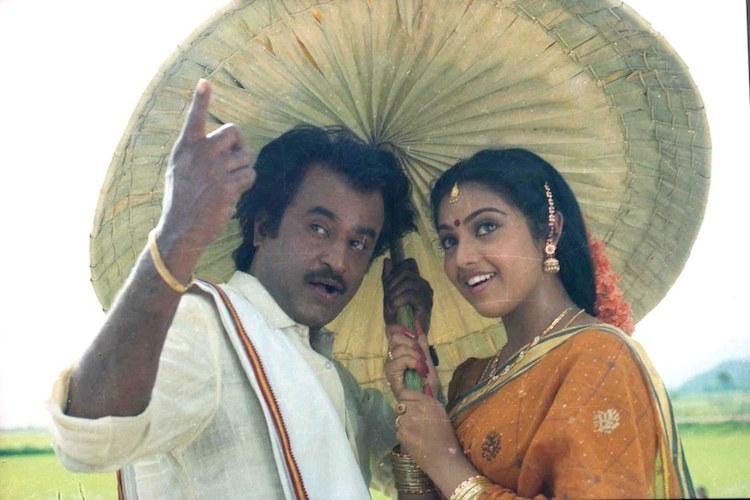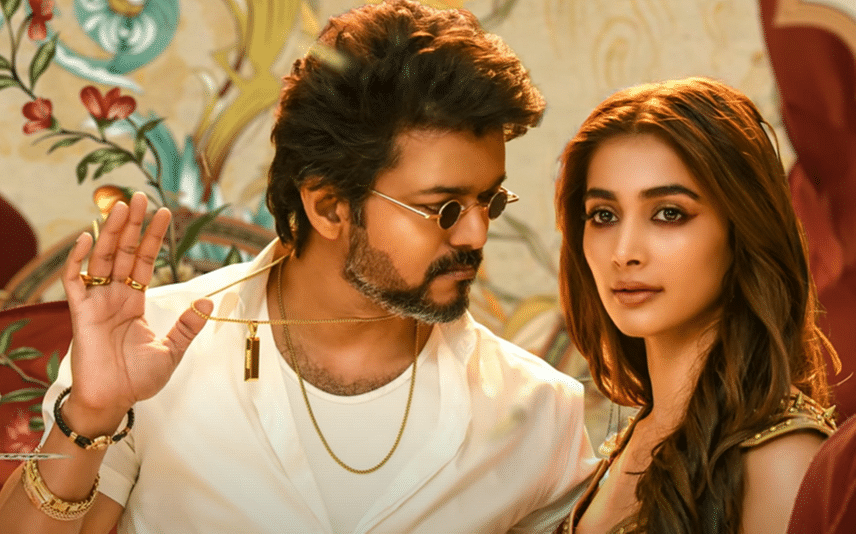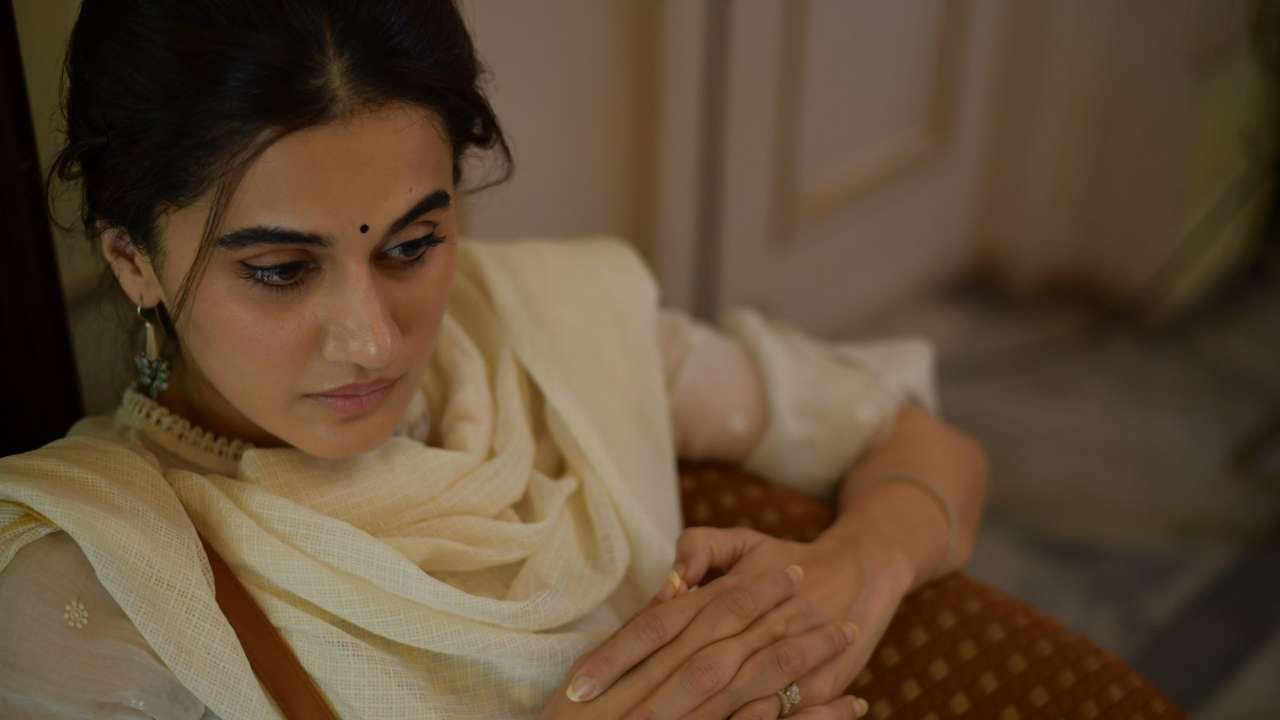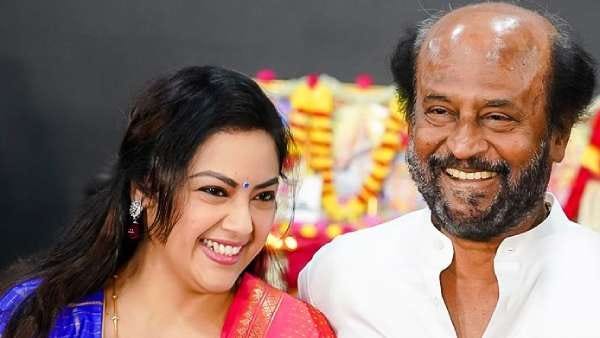Imagine if Julia Roberts was constantly given roles of a pretty prostitute—she would've quit acting too.
I was grooving to Arabic Kuthu from the upcoming Vijay film Beast and kept wondering how the audience easily accepts an actor with grey hair and a rough face as a desirable hero, but an actress has to be renewed every few years, more younger each time.
The average age of most commercial film heroes in Indian cinema seems to be between 40-60, while the average age of actresses seems to be around 30.
Is this because actresses quit acting after marriage? Or is it because the older an actress gets, she is less tolerant towards roles that undermine her talent and use her for mere sexualisation? Is it because male filmmakers seek fresh female faces to keep things interesting? Or is it because male audience keep changing their preference every time they see a new woman, making her desirable until a new, more attractive woman shows up?
The relevance of an actress seems to be two to five years, that is, if her career is stuck in the hands of a male filmmaker. The actresses who keep remaining relevant are ones who take the industry into their own hands like Nayanthara or ones who seek stories centered around well-written female characters like Taapsee.
What superpowers do actors use to remain relevant?
Simple—they use patriarchy.
Actors aren't relevant for a long time because they are brilliant at what they do or because their films are masterpieces. It's simply because they're men.
Society has this idea that men need to keep their careers in order to support their families, as if women use their money to fund aliens on other planets.
Male actors will have a million scripts at their fingertips to choose from. If one project fails, another one succeeds. And nobody makes jokes about how removing makeup off an older hero is the scariest thing in the entire world. Rajinikanth gets to be a bald grandpa in real life and still be celebrated as a star on screen, but all Meena gets to be is a side character who's married, even though she is much younger than him.
So how do we keep actresses relevant and help their careers thrive?
We need more female writers and filmmakers to create stories with female leads. This will give actresses agency over their careers as the stories would prioritise their acting skills over their temporary attractiveness to male audience.
Imagine if Julia Roberts was constantly given roles of a pretty prostitute—she would've quit acting too. Good roles are necessary for actresses in their 40s and 50s to keep acting. Being wanted only for their figures and sexiness gets intolerable after a while.
So if you are a male writer or filmmaker, do better when it comes to female characters. Write better roles, hire older actresses, look for talent, not appearance.
And if you're a woman who's writing a story or aspiring to make a movie with interesting female characters, don't doubt yourself. Your creativity is going to help women everywhere. Write that story. Make that movie. Hire older actresses.
Build an empire of awesome female characters that the male gaze cannot destroy.
Happy Women's Day!






